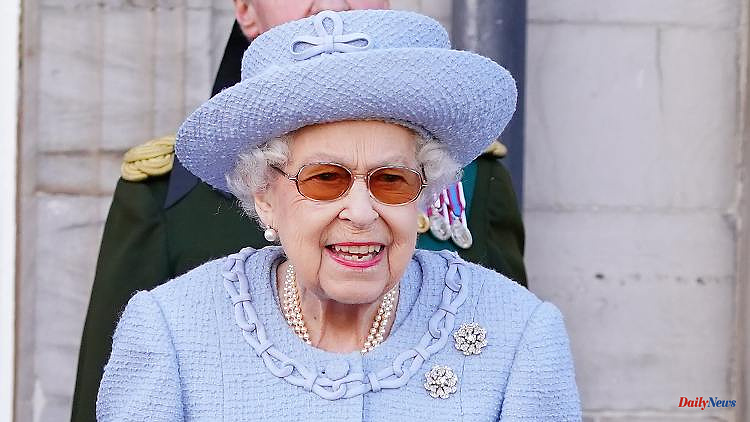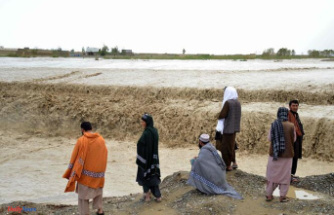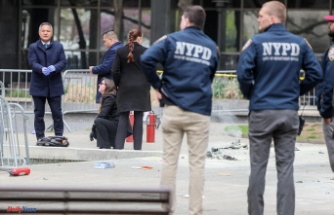The annual counting of swans begins in Great Britain. At the "Royal Swan Upping" the animals that live on the Thames and belong to the Queen are counted and weighed. They are eaten - unlike in the past - but no longer.
In the next four days, swans will be counted again on the Thames in London. In order to keep track of the animals, the hatched young are marked with rings.
The "Royal Swan Upping" takes place every year and is a tradition that goes back many centuries. Originally, all unmarked mute swans have belonged to the king or queen since the 12th century - that is, Queen Elizabeth II for 75 years. The marked swans are owned by two British societies, the Vintners and Dyers. Meanwhile, the royal swans also get a small ring. When counting, half of the animals goes to the crown, the other half to the two associations.
The animals were once an important part of the royal diet, after all, the meat from one swan was enough for around 30 people, as they are a good 1.70 meters long and weigh 20 kilograms. Under Edward III (around 1350) they were therefore traded at astronomical prices and were ten times as expensive as a goose.
That's history now, swans were banned from the royal menu long ago. But the tradition of counting still exists. But it is now much more about species protection and checking the health of the animals. And the event has become a tourist attraction. However, the Queen herself was last seen in 2009.
If swans are sighted, the command is "swan up!" to lift them out of the water, weigh them and count them. In addition to the royal swan guard and his helpers, the official swan marker named David Barber is responsible for this. Its task has been enshrined in law since 1482. At that time Parliament passed the "Edwards IV's Act for Swans". It states that "Yeomen and Husbandmen (earlier terms for small landowners and farmers) and other persons of low standing" may not own swans.
After the traditional count was canceled once due to the pandemic and last shortened to three days, it is now to take place again for five days and end on Friday.












